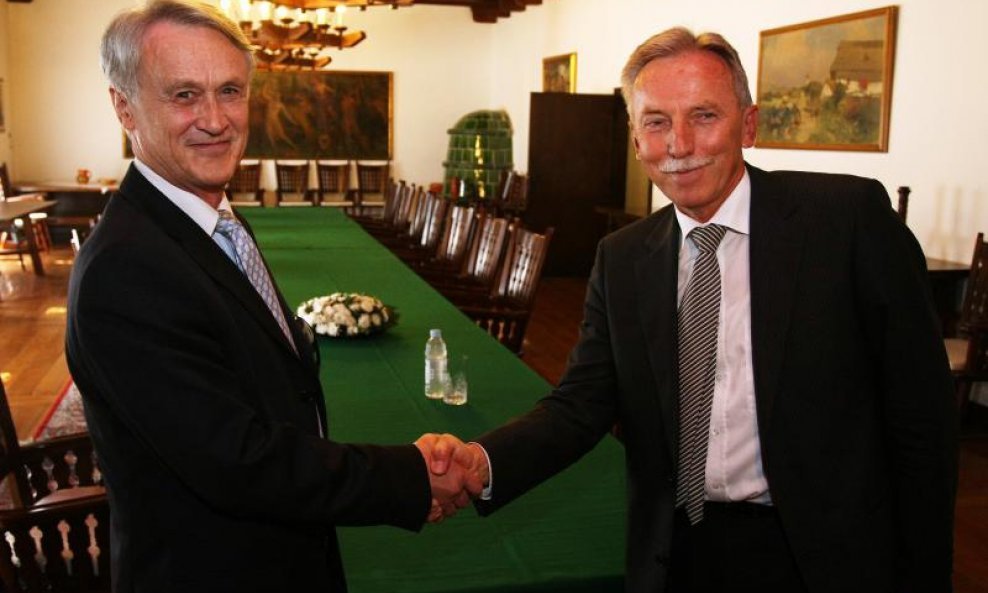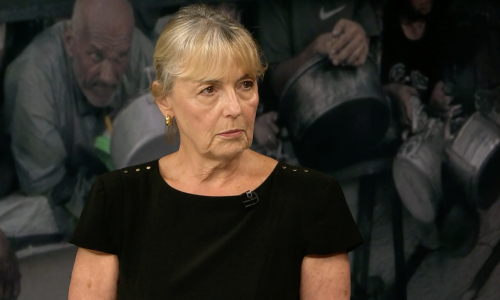The meeting of Zdravko Rogic and France Arhar, Croatian and Slovenian experts appointed by their respective governments to address the issue of Ljubljanska Banka, has been cancelled due to Arhar's illness, a Croatian foreign ministry spokeswoman told the press on Friday.
According to information obtained from the Croatian National Bank, the Rogic-Arhar meeting, set for 29 January, was postponed and a new date has not yet been set.
The date of their fifth meeting will be announced later. Originally the meeting should have taken place on 22 January but was shifted to 29 January, only to be put off again.
Slovenian Foreign Minister Karl Erjavec told Slovenian Television recently that the only Slovenian condition for the ratification of Croatia's EU accession treaty was a compromise over the Ljubljanska Banka issue and the withdrawal of lawsuits against the bank before Croatian courts. Erjavec said that a solution to the problem could be found by the end of February at the latest, adding that he personally would get involved despite the present political crisis in Slovenia which faces the fall of the government. Erjavec reiterated that it was a serious problem that needed to be resolved, because otherwise Croatia might not enter the EU on July 1 as scheduled.
Croatia's accession treaty has so far been ratified by 22 EU member states, with Slovenia, Germany, Denmark, Belgium and the Netherlands yet to do so. All these countries except Slovenia have started the process but some have made it clear that they will wait for the final European Commission (EC) comprehensive report scheduled for March to see if Croatia has completed the ten tasks set in the previous EC report in October 2012.
The fourth meeting of Rogic and Arhar was held in Zagreb in early December. The two said then they still advocated the position on reactivating negotiations within the Bank for International Settlements in Basel and that they would inform their respective governments that the concept of the solution with multilateral and bilateral components, drafted at their previous meeting, was a good way to approach this issue. If both governments agree, they would propose their solution to the Ljubljanska Banka issue at their next meeting.
Rogic told the press in Zagreb then they had analysed the problem in detail and decided that the concept they had already agreed was a good way to go. Arhar said the two parties would continue to search for a solution with which both countries would be satisfied.



































